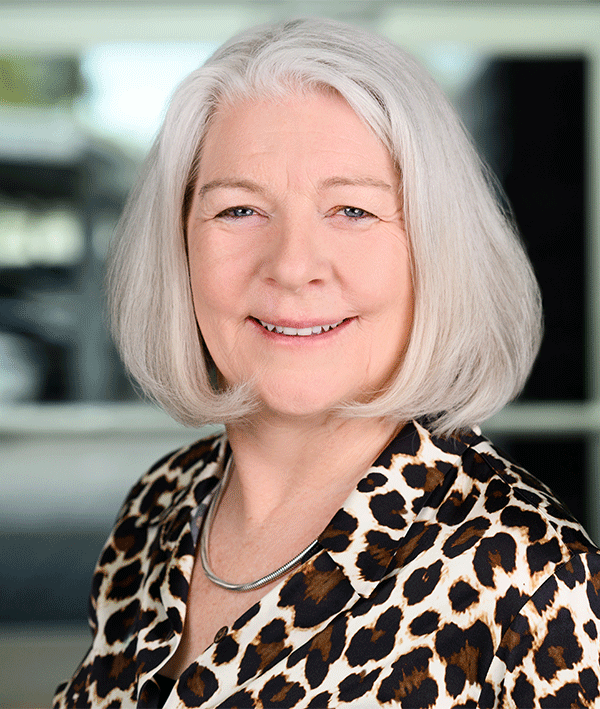Scottsdale Healthcare earns top cancer accreditation
The Commission on Cancer of the American College of Surgeons has granted Accreditation with Commendation to the cancer program at Scottsdale Healthcare.
Included in the accreditation are the Virginia G. Piper Cancer Center at Scottsdale Healthcare, Scottsdale Healthcare Shea Medical Center and Scottsdale Healthcare Osborn Medical Center.
Accreditation with Commendation is awarded to top cancer programs demonstrating the highest levels of cancer clinical services, research, community outreach, quality improvement, leadership and data management, according to the Chicago-based Commission on Cancer.



